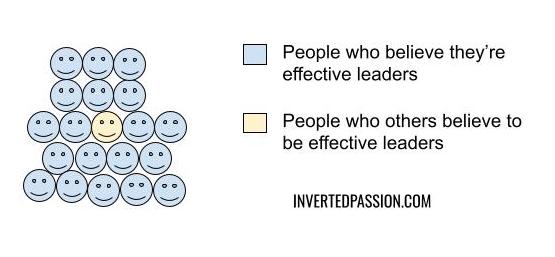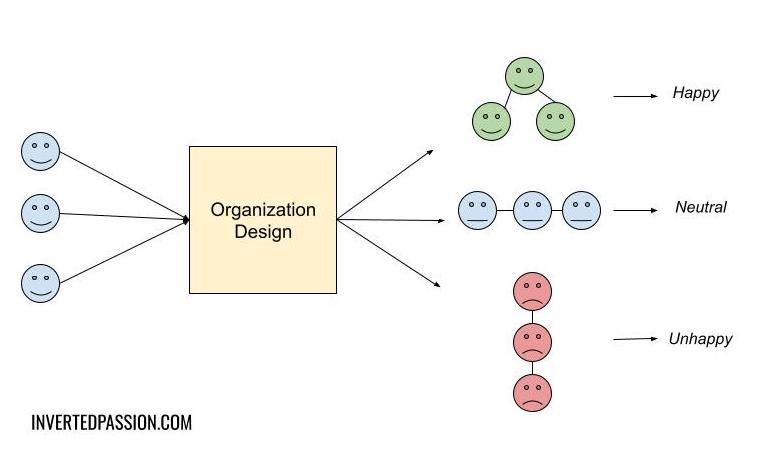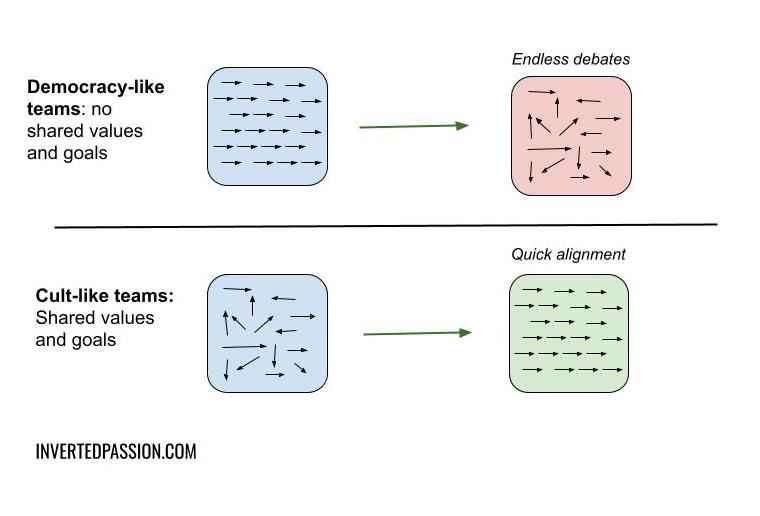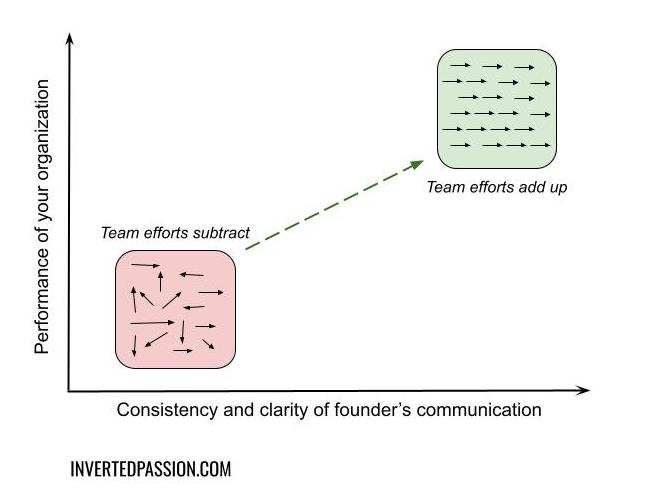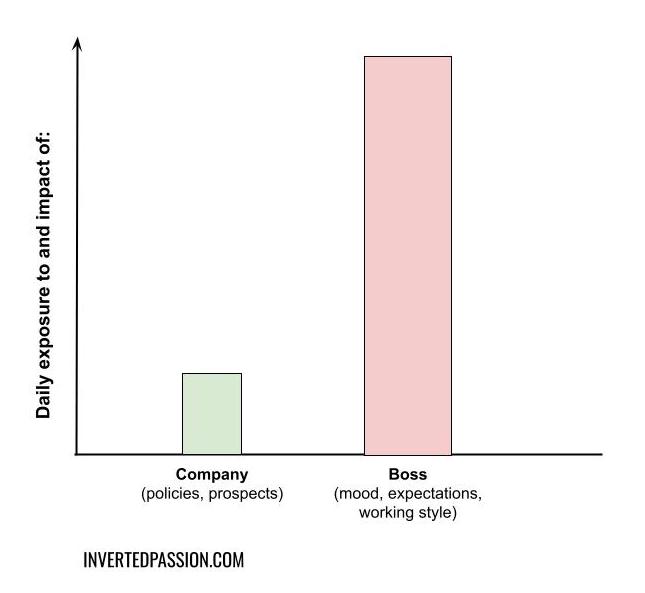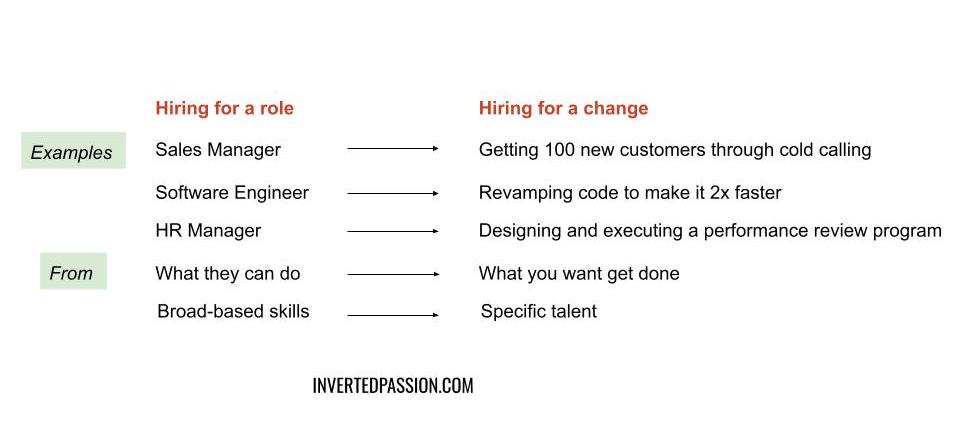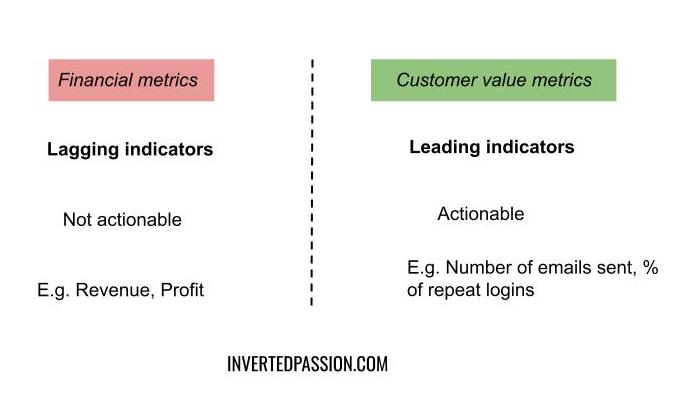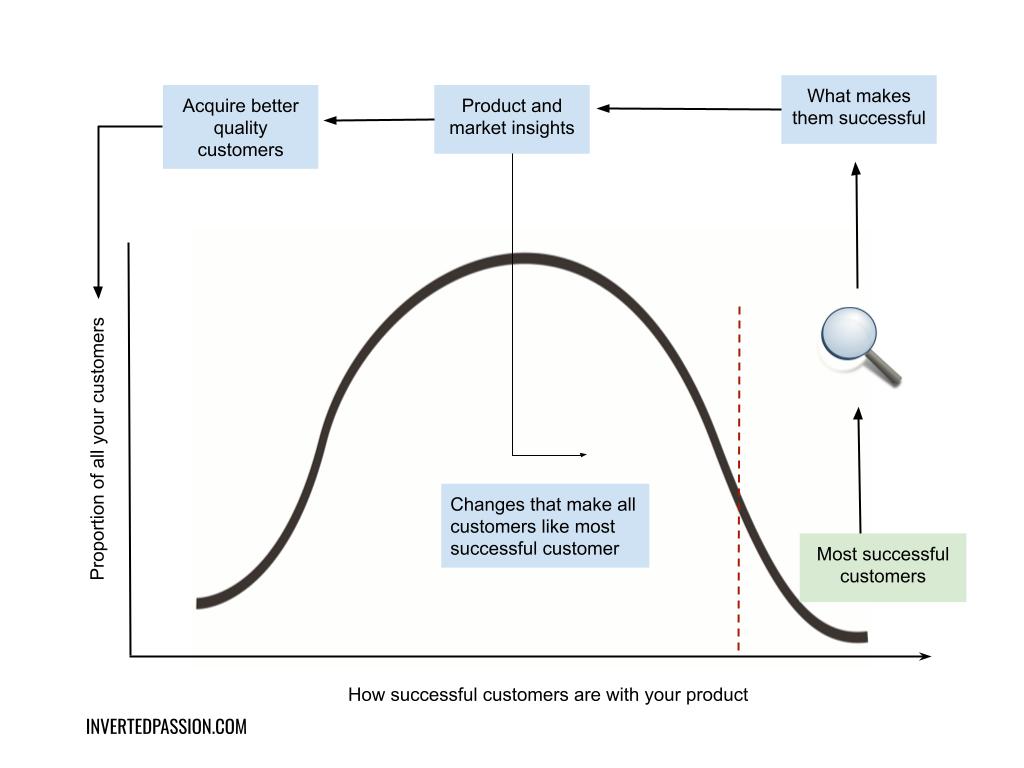Imagine you are tasked with making a map of the world. How would you go about it? Think about this problem for a moment before reading on.
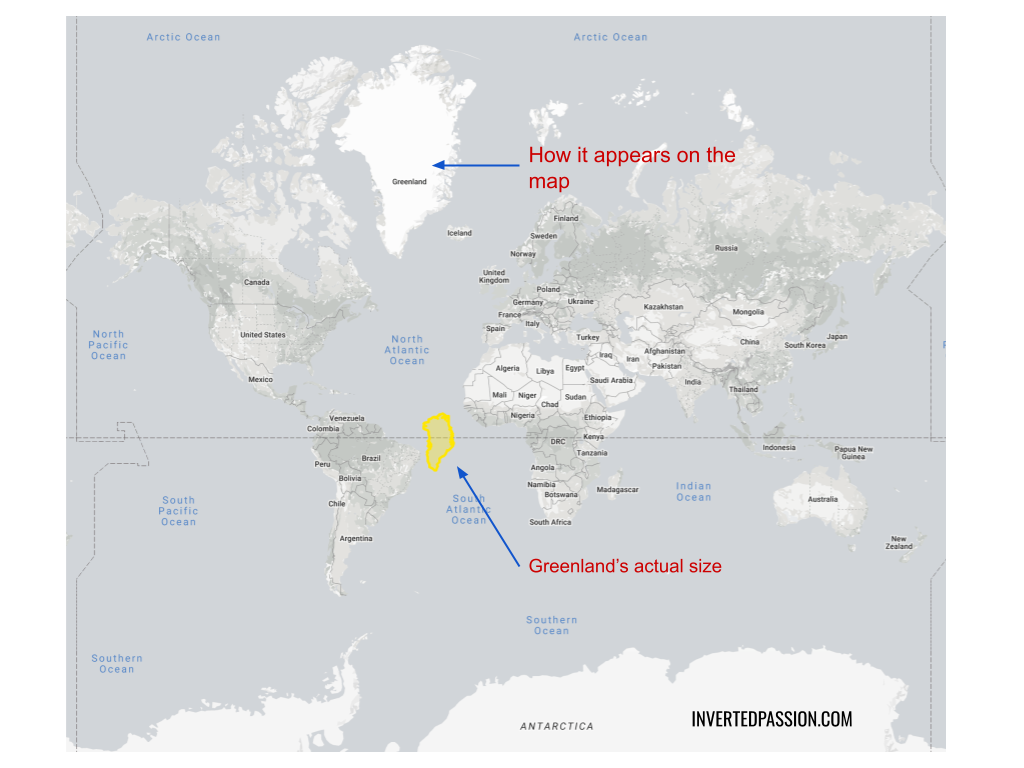
Perhaps you’d start with a stable reference point – like the North Pole – and start surveying Earth’s topography around it. Or you’d rely on the satellite imagery to gather the raw data. But regardless of what’s the source of your data, pretty soon you’d run into a challenge. Earth is a 3D surface, while you’re asked to prepare a 2D map. There is no simple way to present 3D information in 2D without losing fidelity of actual information. ...
